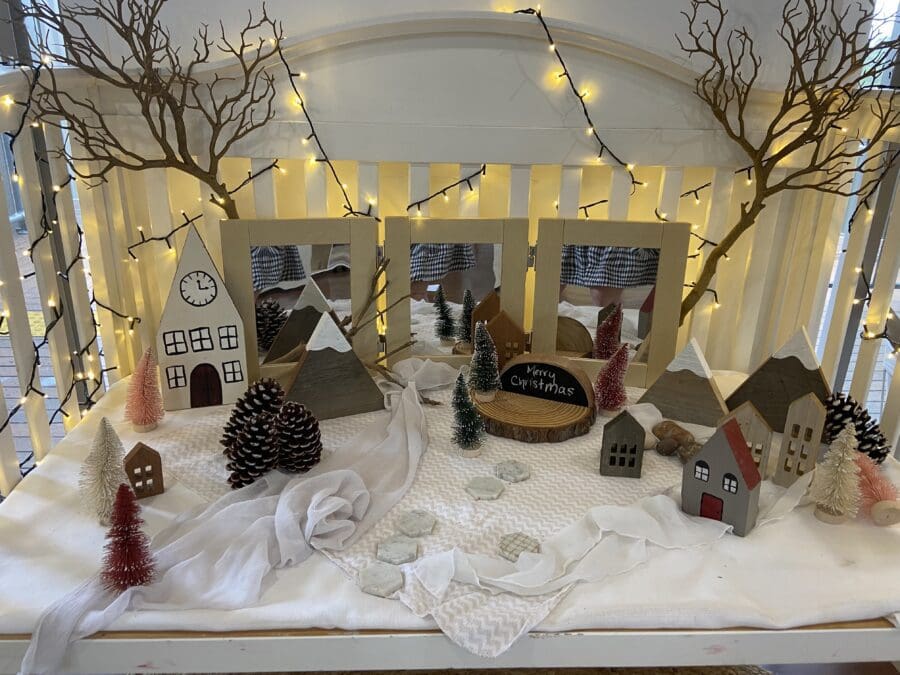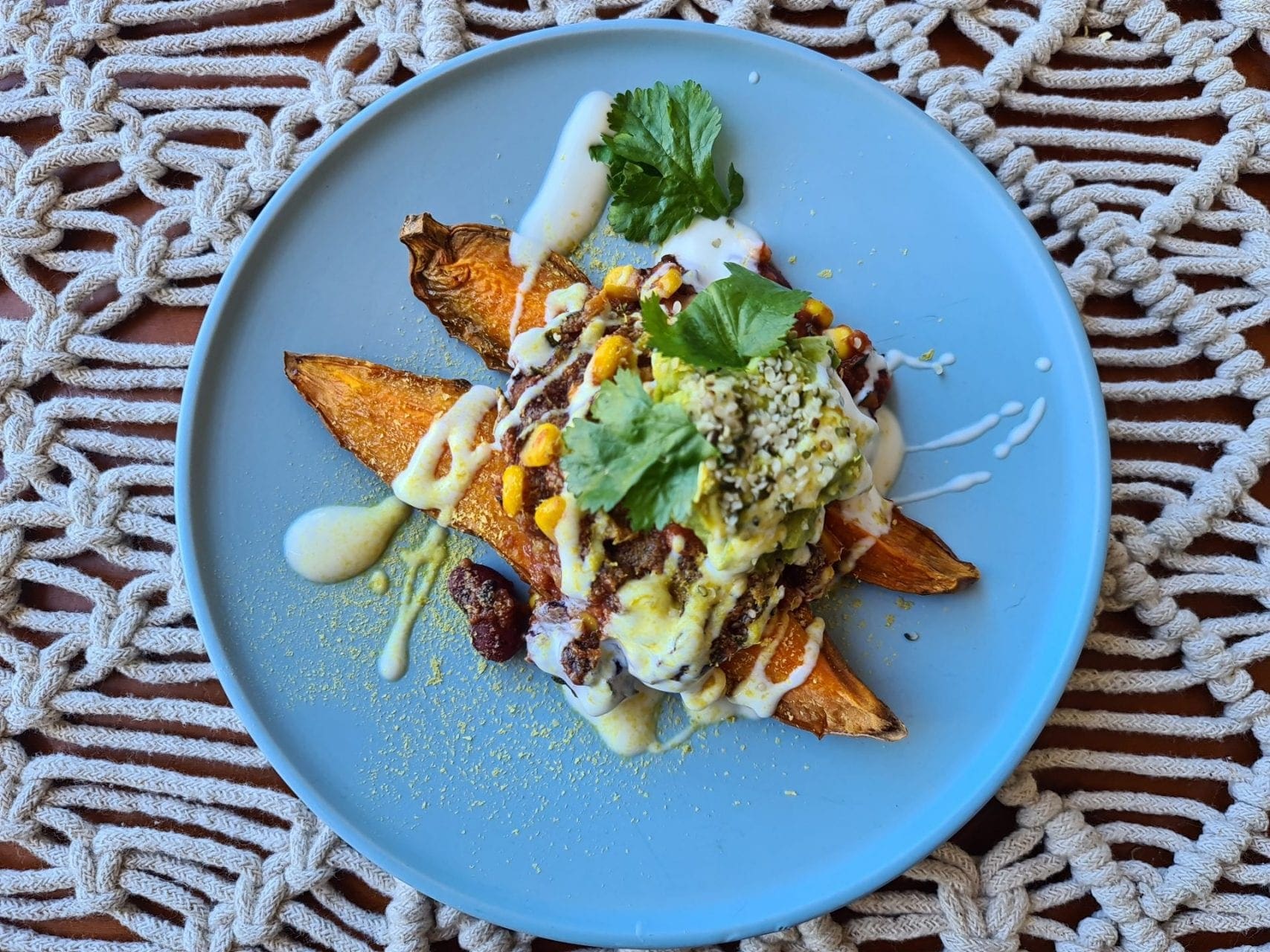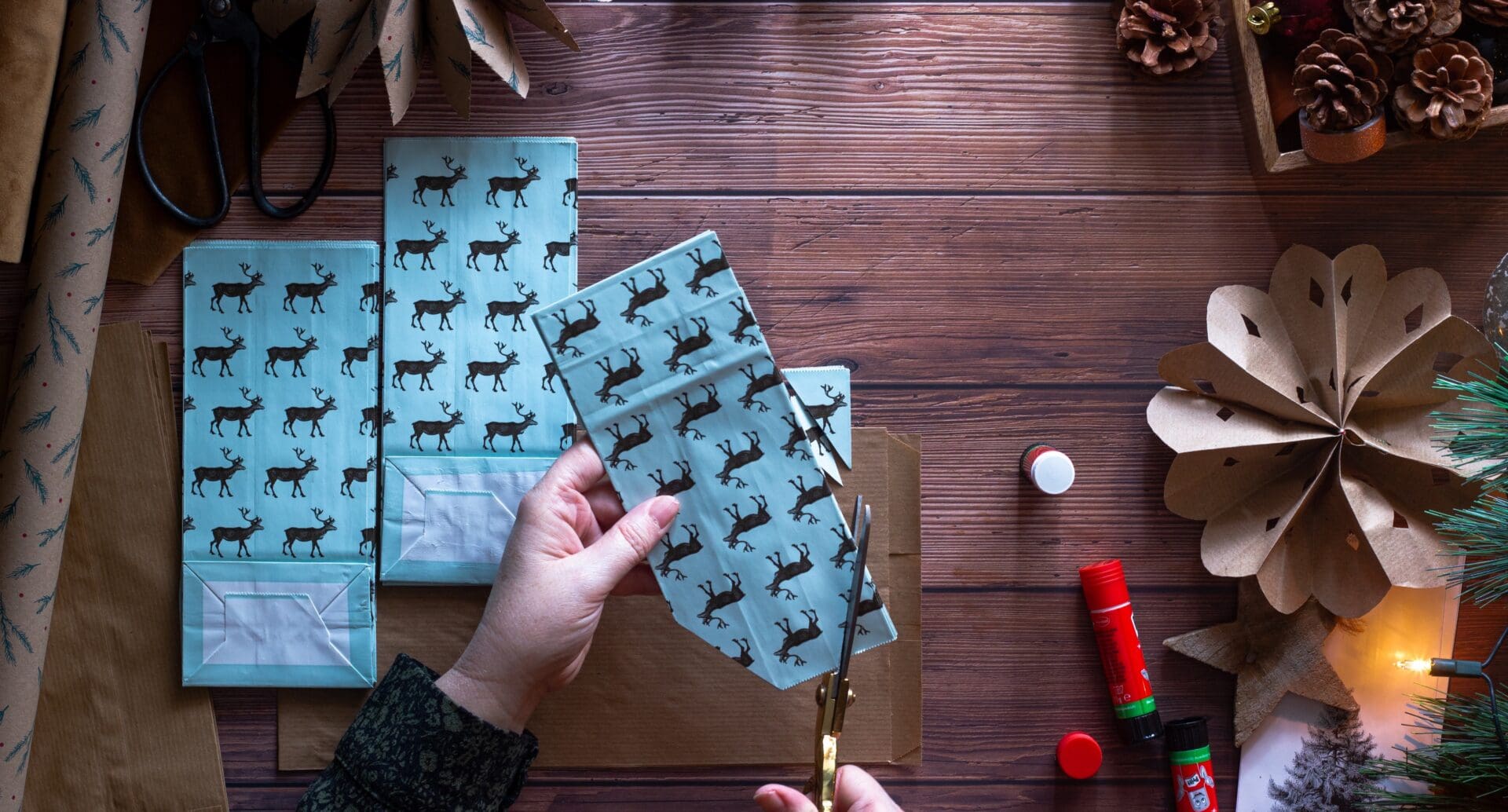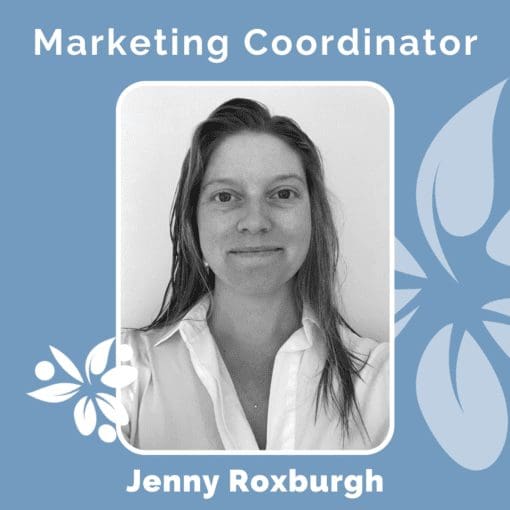
How to reduce your waste this Christmas
Christmas is a wonderful time of year, full of laughter, family time, and (hopefully) some relaxation – but it can also be a very wasteful time of year.
We all have opportunities to make small changes in how we celebrate to reduce our impact. By making deliberate choices about holiday food, gifts, wrapping, and decorations, we can aim for a zero waste Christmas — or close to this year.
Reducing your impact doesn’t have to be complex, it’s all about using what you have and getting creative. Here are a few ways you can reduce your impact on the environment this Christmas.
- Rather than gifting a physical gift, why not gift an experience? Whether it’s gifting your time or a pre-bought experience, it’s a great opportunity to bring people together – especially after the year we have had.
- Create your own gifts. You don’t have to hit the shops to fill your stockings, there are plenty of great gifts you can make at home that will really make a splash. Here are 7 last-minute zero waste gifts you can easily make at home.
- Instead of buying gift tags for your presents, make your own by cutting shapes from holiday cards or boxes that you receive.
- We know that once presents are opened you will inevitably be left with a bag full of paper. Hang onto your Christmas paper for future crafts, activities, and upcycling into new decorations.
- Skip the cellophane, plastic ribbon, and tinsel, which can’t be recycled, and opt for recyclable tissue paper or FSC certified paper when wrapping your presents – or skip the wrapping altogether. You can also get creative with some zero-waste alternatives for your wrapping including:
-
-
- Newspaper or pages pulled out of magazines
- Paper grocery bags
- Leftover fabrics from sewing projects
- Linens, scarves, or old T-shirts/skirts/dresses
- Old maps
-

- Include more plant-based dishes on your table this Christmas! Eating more plant-based meals is good for you and the planet and there are so many delicious meat alternatives available in the supermarket.
- Don’t throw away edible food. Either send leftovers home with friends and family or compost your food scraps (fruit and vegetable peels, etc.). Ask your guests to bring beeswax wraps or their own containers for their leftovers.
- Donate unopened and unused food items to a food bank or to a community fridge. You’ll be reducing food waste — and helping eliminate hunger in your local community.
- When it comes to food, buy seasonal, local, and organic where possible. Less distance to travel to the store and fewer chemicals in production means a more eco-friendly Christmas lunch.
- Avoid using plastic disposable cutlery and napkins – use cloth and washable plates instead.
- Put out a separate bin for recyclables while entertaining to encourage your guests to do their bit.

- Get your Christmas craft on and make your own decorations. There are so many great recycled craft ideas out there, here are just a few to get you started.
- Go outside and forage for pine cones, rocks, logs, leaves, gum nuts, flowers, herbs, shells, sand, or any other piece of nature you can bring indoors for your table or home. This can even be as simple as bringing in some of your pot plants or potted herbs from outside to place on the dining table.
- Instead of sending traditional paper cards to family and friends, why not send an E-card instead?
- Avoid lights or use LED in your decorations to reduce your energy use for the season
- Instead of buying a Christmas tree, why not get a live potted tree you can keep year-round – and use again next year.
- Opt for solar power outdoor lights if possible, and don’t forget to turn your Christmas lights off when you’re out or heading to bed.
Looking to enrol in 2022? We’d love to hear from you!
Written By
Jenny joined the Sustainable Play Preschool team in 2021 with a Bachelor of Arts, Communications and a Bachelor of Business from Charles Sturt University.
Whilst always interested in the power of nature, it was with the birth of her own daughter that she gained a greater appreciation for just how precious (and fleeting) childhood is, and the importance of providing children with a nature centric early learning experience.


